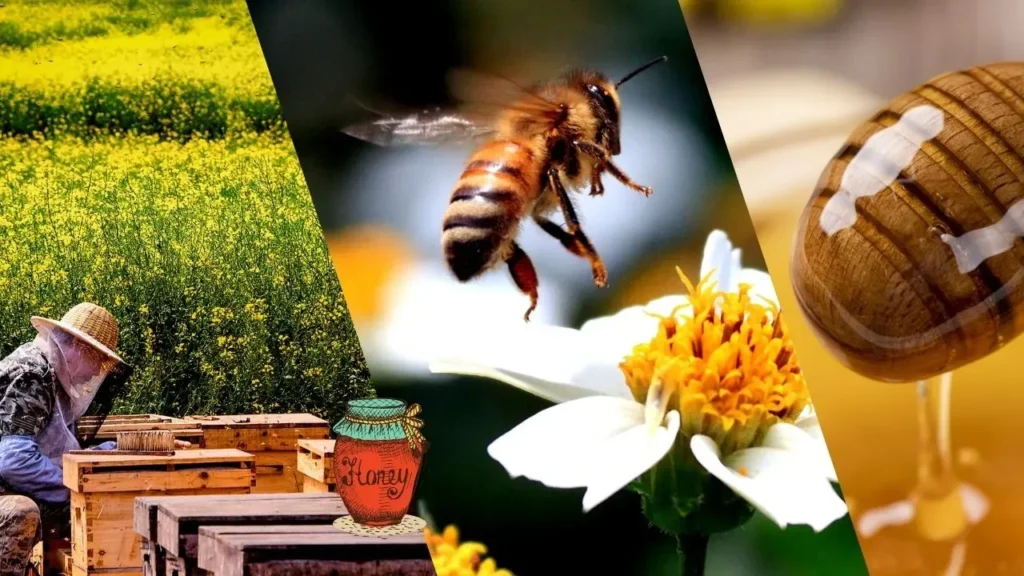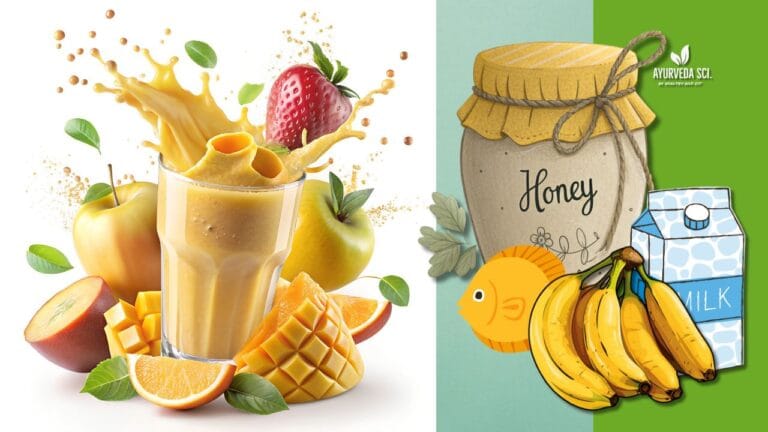Eating Honey has many health benefits but after eating honey, there are a few things you should avoid to maintain its health benefits and ensure your well-being:
Avoid Drinking Hot Water or Tea:
Consuming hot liquids immediately after eating honey can destroy its beneficial enzymes and nutrients, reducing its health benefits. It’s best to wait before drinking anything hot.
Avoid Eating Radishes:
According to Ayurveda, combining honey with radishes can produce toxins in the body.
Avoid Overeating:
Honey is quite sweet and can be filling. Eating too much after consuming honey might lead to discomfort or digestive issues.
Avoid Excessive Exercise:
Immediately engaging in strenuous physical activity after consuming honey may lead to a quick spike in blood sugar followed by a rapid drop, causing fatigue or dizziness.
Avoid Consuming in Large Quantities:
Honey is high in natural sugars, so consuming it in large amounts can rapidly increase blood sugar levels, which can be particularly concerning for people with diabetes or those watching their sugar intake.
Avoid Cold Foods and Drinks:
Consuming cold items right after honey can reduce its beneficial effects and may cause throat irritation.
What do you need to Avoid with Honey?
There are a few things to consider avoiding with honey:
- Avoid Fermented Foods: Combining honey with fermented foods like yogurt or sour pickles can lead to digestive issues.
- Avoid Mixing with Ghee: According to Ayurveda, mixing honey and ghee in equal proportions can produce toxins in the body.
- Avoid Mixing with Foods High in Salt: Combining honey with salty foods can lead to digestive issues and may reduce the efficacy of honey’s natural properties.
Facts Need to know about Honey before eating it?

Here are some interesting and important facts about honey that you might need to Know:
Honey Never Spoils:
When stored properly in an airtight container, honey can last indefinitely. Archaeologists have found pots of honey in ancient Egyptian tombs that are still edible.
Nutritional Content:
Honey is composed of about 80% natural sugars, mainly fructose and glucose, and contains vitamins, minerals, and antioxidants.
Medicinal Properties:
Honey has natural antiseptic and antibacterial properties. It has been used historically to treat wounds, burns, and infections3.
Variety of Flavors:
The flavor and color of honey can vary greatly depending on the type of flowers the bees collect nectar from. For example, buckwheat honey is dark and robust, while clover honey is light and mild.
Energy Source:
Honey is a quick source of energy due to its high carbohydrate content. It is often used by athletes for a natural energy boost2.
Bee Effort:
To produce one pound of honey, bees need to visit around 2 million flowers and fly over 55,000 miles.
Crystallization:
Honey can crystallize over time, especially if it contains a high glucose content. This is a natural process and does not mean the honey has gone bad.
Avoid Giving to Infants:
Honey should not be given to children under one year old due to the risk of botulism, a rare but serious illness.
Storage:
Store honey in a cool, dry place. Avoid refrigerating it, as this can speed up the crystallization process.
Cultural Significance:
Honey has been valued in various cultures for its sweetness and medicinal properties. It has been used in religious rituals, traditional medicine, and as a symbol of prosperity.
More From Ayurveda Sci.







